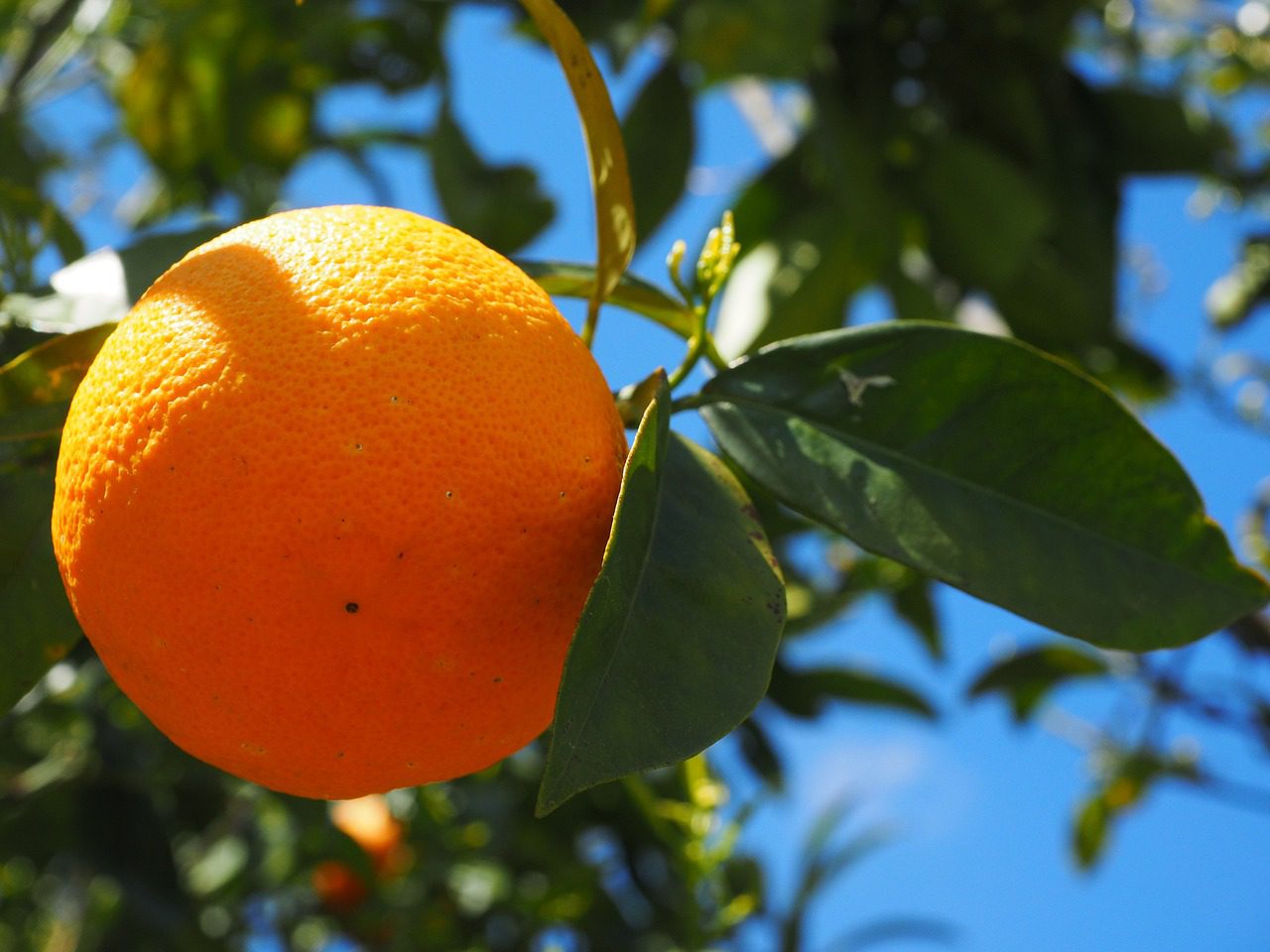A team of UF/IFAS researchers has identified a second citrus canker gene, which could lead to citrus cultivars that are resistant to the disease.
Citrus canker is a bacterial disease that reduces the vitality of citrus trees and renders the fruit unmarketable. Once considered eradicated in The Sunshine State, it reared its ugly head again in 1995, and Florida citrus growers have been battling it ever since. The disease has since spread to Louisiana, Texas, and other states. However, hope may be on the horizon. A team of researchers with the University of Florida Institute of Food and Agricultural Sciences (UF/IFAS) have identified a second citrus canker gene, which are genes in citrus that make the plant susceptible to the pathogen. This could allow researchers to target the new gene using gene editing to create citrus cultivars that are resistant to citrus canker. The breakthrough was announced in a UF/IFAS blog. See the details below.
Citrus Canker Gene Details
According to the blog, gene editing can “knock out” those genes in a plant that make it susceptible to diseases. The team of UF/IFAS researchers, including Zhanao Deng and Fred Gmitter, identified the citrus canker gene—CsDMR6—which affects a citrus tree’s reaction to the pathogen that causes citrus canker. The blog explained that usual CsDMR6 “gene function inhibits the citrus plant’s ability to defend itself from pathogens
Researchers will now be able to attempt to edit that gene so that it is not activated when citrus canker infection starts. In this way, the citrus tree become resistant to the pathogen because the undesirable symptoms caused by the gene never begin.
In the blog, Zhanao Deng, a UF/IFAS professor of environmental horticulture said, “Gene editing or genome editing is becoming an effective and efficient precision breeding tool for producing new citrus cultivars that can help Florida citrus growers fight against destructive diseases and produce oranges and grapefruits profitably.”
CsDMR6 is the second gene found responsible for a citrus plant’s reaction to citrus canker. Deng explained that “One of the factors that limits the application of gene or genome editing is the lack of known genes that can be targeted. Prior to this discovery, there was only one citrus gene (LOB1) whose editing could lead to citrus canker resistance, one discovered by Nian Wang, also at UF/IFAS.”
According to the blog, plants like grapefruit and Carrizo, or giant cane, that had their CsDMR6 gene “knocked out” showed resistance to citrus canker, expressed plant defense genes at higher levels, and contained more salicylic acid. Similarly, editing CsDMR6 in other plants led to a broad resistance to other pathogens, such as different species of bacterial pathogens. Researchers are hoping that the discovery of CsDMR6 could also play a role in creating citrus resistant to Huanglongbing (HLB), or citrus greening.
Griffin Fertilizer is committed to helping both growers and ranchers make sound agronomic and economic decisions in order to maximize the health of their grove and pasture. As a full-service custom dry & liquid fertilizer blender and crop protection product distributor, we will continue our mission to further advance Florida agriculture. For questions or concerns about your farm or pasture, contact us and one of our team will be in touch.

